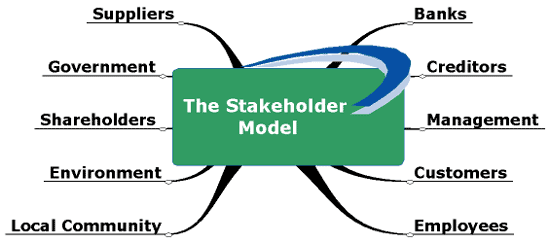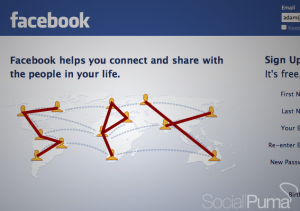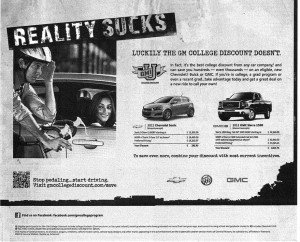During term 2, I am pleased to say that our grouped worked relatively well overall. Although there were moments where we could of pre-planned a bit earlier, we managed to complete everything within the due date. Having to complete the first two assignments last minute, we wanted to ensure that we completed assignment 3 well before the due date.
Regardless, I have reason to believe that I enjoyed the marketing assignment 3 the most. Firstly, this assignment is more flexible. There were a number ways and concepts we could have applied in the video, which delivers, and communicates the effectiveness of our company’s marketing mix. It allows us to apply some form of creativity while being professional simultaneously. Secondly, is that we escaped having to present the actual content, and knowing my group well enough for most of term 2, I’m pretty sure they were relieved about that as well.
Overall I thought the assignments played an important role in this course, not only did they indirectly help you catch up with the content you were suppose know a while ago. But they also give you the opportunity to apply them with real life examples; in our case it was Zara. It enhances the overall learning experience and the value gained by completing these assignments far exceeds the simple act reading slides and the textbook. Thank for everything Tamar!











